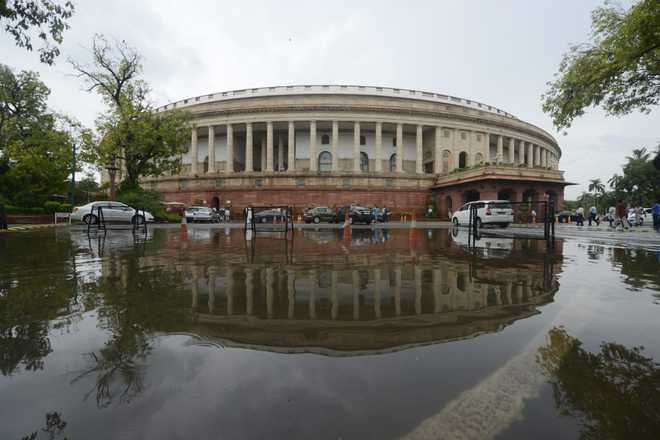
Deferred last year in the face of vociferous opposition, a determined Modi government, with more parliamentary muscle behind it, has introduced the Right to Information (Amendment) Bill, 2019, in the Lok Sabha. It seeks to ‘rationalise’ the stature of information commissions (statutory bodies) from being equal to the Election Commission (constitutional body) and give the Centre the power to set service conditions. Critics reason the changes will undermine the independence of the Central Information Commissioner and state information commissioners, the final adjudicators when information is not provided under the RTI Act, and could make them compliant to the wishes of the Union Government.
The Centre claims the ‘enabling legislation’ is aimed at institutionalisation and streamlining of the Act, which it said was “clumsy in nature and drafted in haste”. The same argument could apply this time, in the absence of an informed debate, in bringing about changes to a legislation that has set global standards in empowerment of citizens. The demand to refer it to a parliamentary standing committee has already been voiced. The fixed tenure and high status are meant to ensure autonomy, so even the highest offices can be given directions. Any perceived dilution of the Act needs minute examination. What also needs to come under the scanner is the questionable appointment process — the widespread entrenched practice in many states of reserving the lucrative posts for family retainers and the ‘naamdaar’.
The Lower House has also passed a Bill to expedite the process of appointment of chairperson and members of the National Human Rights Commission. The amendment provides for reduction in the tenure of chairpersons of national and state human rights bodies from five to three years. It eases the eligibility to ‘fill the vacancies’ — besides a former Chief Justice of India, a former Supreme Court judge can also head the NHRC, and former HC judges, not just ex-CJs, the state commissions. Does it open the door for favouritism or bypassing those who could have made the cut? Again, more transparency would serve the nation better.



























